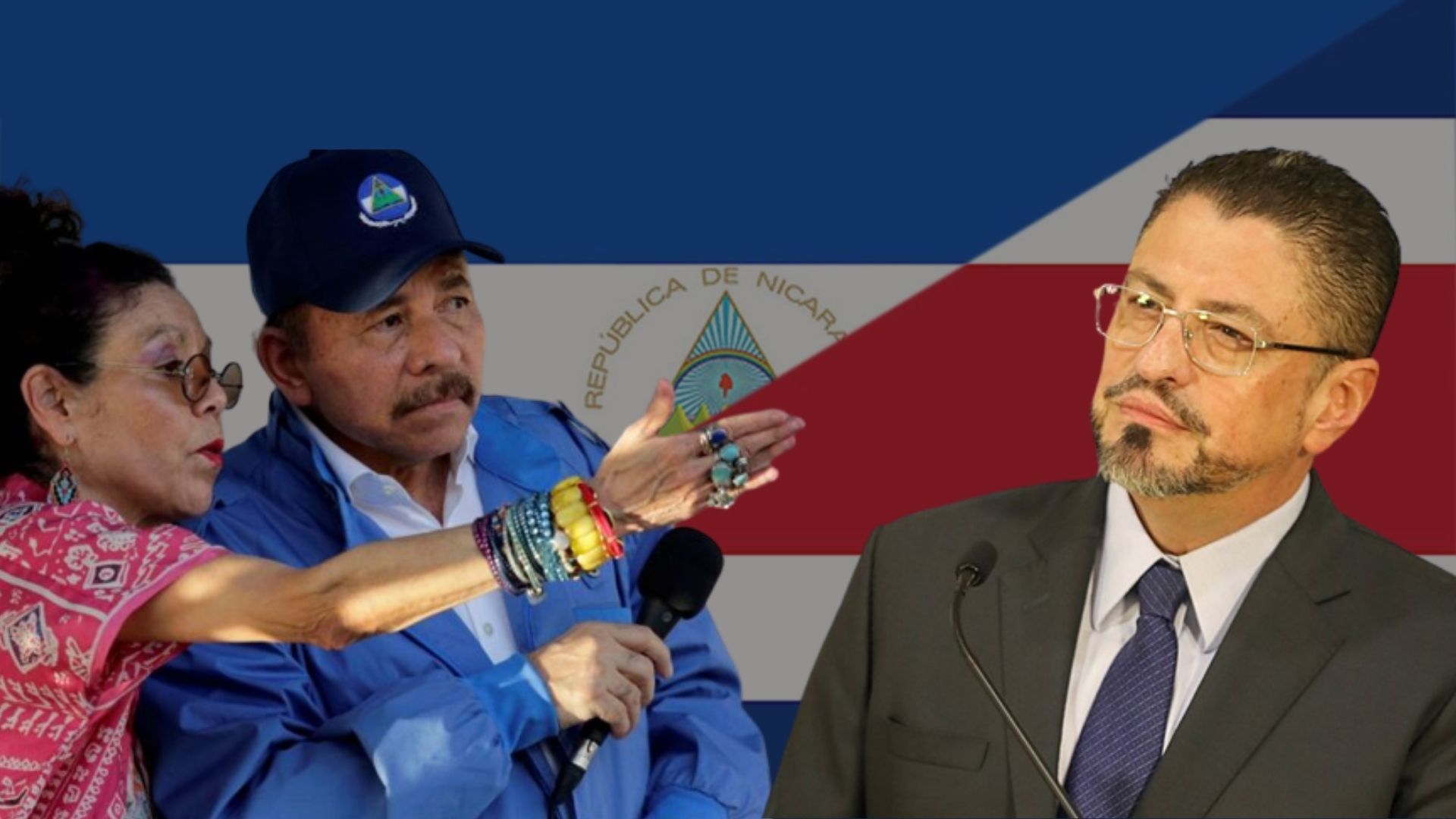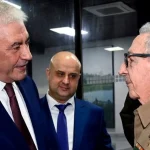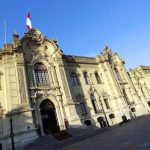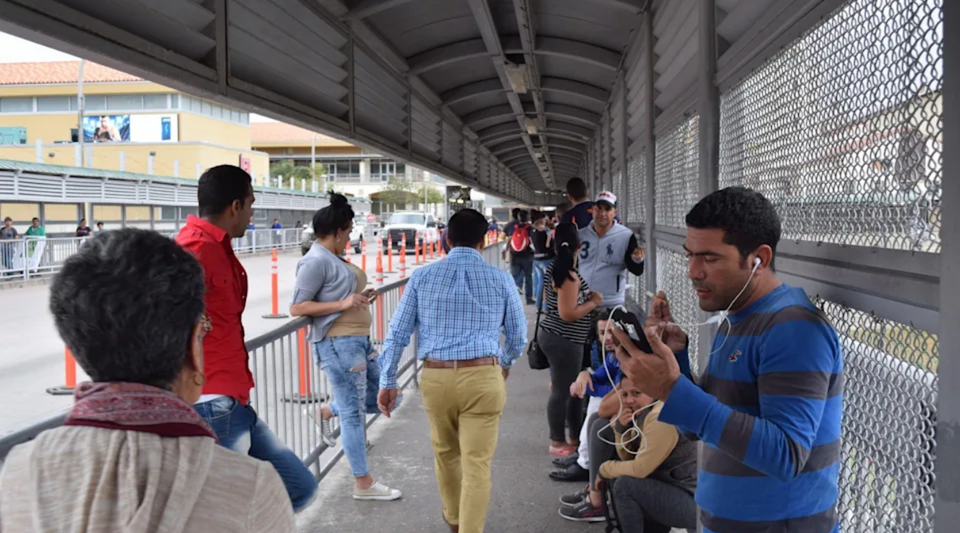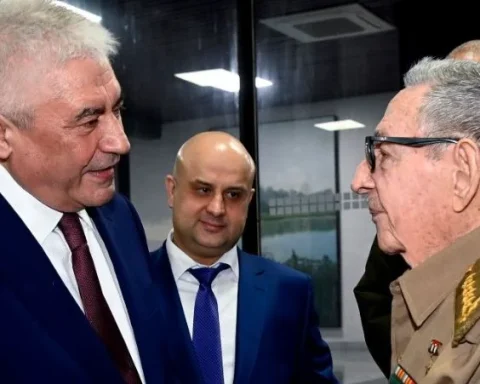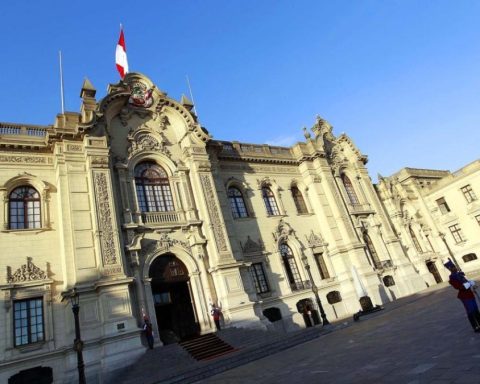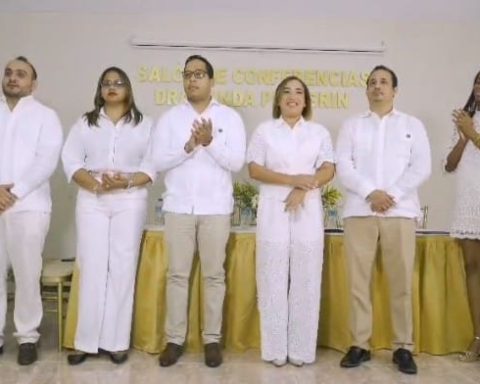Relations between the administration of Daniel Ortega and the elected president of Costa Rica, Rodrigo Chaves, “are not going to change,” forecasts Carlos Murillo Zamora, a specialist in international relations. He revealed that the Costa Rican president has not yet defined his foreign policy agenda and his relationship with Nicaragua would be framed in the commitments of the Central American Integration System (SICA) and in the organization’s trade agreements.
Murillo, in interview for the podcast Now from Article 66assured that with the new Chaves government, relations with Ortega “will depend a lot on who the new Foreign Minister is because they will have to define that (foreign policy) agenda, those priorities, and that’s where the matter goes a bit.”
Nrelated news: Iván Lara and Orlando Tardencilla, Ortega’s new duo at the OAS
He pointed out that if the relations framed according to the SICA commitments continue, from there there is “little room for maneuver beyond the strictly diplomatic.”
Is it positive that Costa Rica sends an ambassador to Nicaragua?
In the interest of Rodrigo Chavez, elected president of Costa Rica, to appoint an ambassador to Nicaragua to “maintain diplomatic relations” with Ortega; the specialist in international relations indicated that the new Costa Rican government does not agree send an ambassador to Nicaraguan territory, because before making this decision, the bilateral relations between the two countries must be reviewed in depth.
“On the last two occasions that the Alvarado administration tried to send an ambassador, obstacles always appeared that made the decision to send someone with the rank of ambassador reverse, so for now that will not change,” said Carlos Murillo.
He stressed that “as long as a series of issues that were on the table and that remain on the table in bilateral relations are not resolved,” sending an ambassador to Managua is very complex.
Chaves also showed interest in having commercial relations with the Ortega dictatorship. For Carlos Murillo, this cannot be interpreted as an “approach”, because the president “does not know about foreign relations at the diplomatic level, in this type of thing what one can interpret is that it will depend a little on who his foreign policy advisers are. ».
“I do not see a rapprochement with the Chaves government with Nicaragua, it was more likely a rapprochement to try to solve problems with a Figueres government, which was the losing candidate, because Figueres had already announced it and there was a historical relationship between what it is the National Liberation Party and Nicaragua. In this case I would not see any changeno approach beyond maintaining relations as they are, “he stressed.
The specialist argued that now Rodrigo Chaves as president must take on all the issues and must not continue to evade them as he did in the electoral campaign; however “there are things that are very defined, at least for this year in terms of Costa Rica-Nicaragua bilateral relations.”
